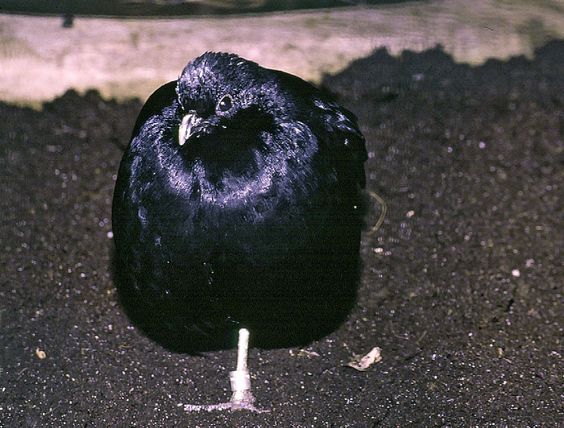Chicken lice are a common problem for backyard chicken keepers. These small, wingless insects live on chickens and can cause irritation, anemia, and feather loss. Here are some steps you can take to fight chicken lice:
1. Inspect your chickens regularly: Check your chickens for signs of lice infestation. Look for tiny, white or gray insects on their feathers, particularly around the vent and under the wings.
2. Treat your chickens with a pesticide: There are several pesticides available for treating chicken lice, including powders, sprays, and dusts. Follow the instructions on the label carefully and apply the pesticide to your chickens according to the recommended schedule.
3. Clean and disinfect your coop: Chicken lice can survive in the environment for several weeks, so it's important to clean and disinfect your coop thoroughly. Remove all bedding and debris, scrub the surfaces with a disinfectant solution, and let the coop dry completely before adding fresh bedding.
4. Use diatomaceous earth: Diatomaceous earth is a natural product made from the fossilized remains of diatoms. It can be sprinkled on your chickens and in their coop to kill lice and other insects. Be sure to use food-grade diatomaceous earth and avoid getting it in your chickens' eyes or respiratory system.
5. Practice good biosecurity: To prevent a lice infestation from returning, practice good biosecurity measures. Keep your coop clean and dry, quarantine new birds before introducing them to your flock, and limit contact with other chickens.
6. Use essential oils: Essential oils like lavender, tea tree, and eucalyptus can also help repel and kill chicken lice. You can dilute a few drops of essential oil in water and spray it on your chickens and their coop.
7. Dust your chickens with sulfur: Sulfur can be used to control chicken lice by dusting your chickens with it. Make sure to use a sulfur product labeled for use on chickens, and follow the instructions carefully.
8. Improve your chickens' nutrition: Healthy chickens are less likely to become infested with lice. Make sure your chickens have access to a balanced diet that includes plenty of protein, vitamins, and minerals.
9. Consider natural predators: Certain animals, like guinea fowl and chickens, can help control lice populations by eating the insects. Consider adding these natural predators to your flock.
10. Seek veterinary advice: If your lice infestation is severe or doesn't respond to treatment, seek advice from a veterinarian who specializes in poultry health.
11. Rotate your pesticides: It's important to rotate the type of pesticide you use to prevent lice from developing resistance. Rotate between at least two different types of pesticides, following the recommended schedule for each.
12. Treat all birds in the flock: Make sure to treat all birds in your flock, even those that don't show signs of infestation. Lice can quickly spread from bird to bird, so treating only a few chickens will not be effective in controlling the infestation.
13. Monitor your chickens regularly: Even after treatment, monitor your chickens regularly for signs of lice infestation. If you notice any signs, take action immediately to prevent the infestation from spreading.
14. Practice proper hygiene: Practicing good hygiene is crucial in preventing lice infestations. Always wash your hands thoroughly before and after handling chickens, and avoid sharing equipment between flocks.
15. Quarantine new birds: If you plan to add new birds to your flock, quarantine them for at least two weeks before introducing them to your existing flock. This will help prevent the introduction of lice and other diseases to your flock.
16. Use physical barriers: You can use physical barriers to prevent lice from infesting your chickens. For example, you can use chicken saddles to protect your hens' backs from lice, or you can use sticky tape around perches to trap lice.
17. Maintain a clean and dry environment: Lice thrive in damp and dirty environments, so it's important to keep your chicken coop clean and dry. Clean out the coop regularly and make sure there is good ventilation to prevent moisture buildup.
18. Use natural remedies: In addition to essential oils and diatomaceous earth, there are several other natural remedies that can help control chicken lice. For example, you can use neem oil, garlic, or apple cider vinegar to repel and kill lice.
19. Consider professional extermination: If your lice infestation is severe or you are unable to control it on your own, consider hiring a professional exterminator. They can provide targeted treatment to effectively eliminate the infestation.
20. Educate yourself: Learning as much as you can about chicken lice and their behavior can help you prevent and control infestations. Attend workshops, read books and articles, and consult with other chicken keepers to learn best practices for preventing and treating lice infestations.
By taking these additional steps, you can further enhance your efforts to fight chicken lice and keep your flock healthy and happy. Remember to always prioritize the well-being of your birds and to take action at the first sign of a lice infestation.






